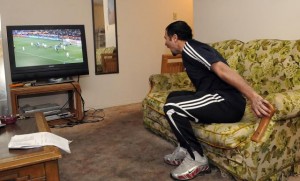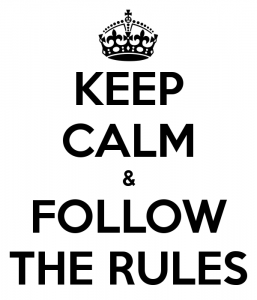Regarding sportsmanship, we need to consider actions that we would want to avoid, no matter how frustrated, disappointed we may feel, especially if we feel like we got cheated in some manner. No matter if we are watching a game, participating and especially if we are the coach. All of those participatory areas need good sportsmanship to be displayed, especially when you consider all the little eyes of children who are watching and learning from you. Sportsmanship goes for adults and young children who have younger siblings who mimic the way you speak and act.
Consider the effects of cheating with the goal of winning and the impact it has on the other competitors, the referee and those watching. Everyone can see what you are doing when you cheat, and if you do get away with it one time or more, you will not trust yourself in the future to play by the rules. Young ones watching will learn that doing whatever it takes to win is the way to conduct themselves and may take it further than you did, even hurting others in the name of competition.
Rude and foul language can be the result of frustration with yourself, other competitors and the referee when a person has not developed the virtue of self-discipline. The use of this kind of language results in younger players to believe it is the only way to express yourself when you are frustrated, and soon you will see it used in the home directed at parents or in a school directed at teachers or other authority figures. Viewed as disrespectful toward authority figures, it is easy to see how it has been learned by just watching how some react when involved in competitive activities.
One other behavior that we see from frustrated coaches, parents, and participants is throwing a temper tantrum when things do not go their way. Screaming, stomping their feet, throwing items around or crying all come from a level of frustration that is uncontrolled. Consider the feelings of those the tantrum is directed towards and the teaching that is happening with those watching you in the middle of such a tantrum.
If a person deals with frustration and disappointment in negative ways, it simply cannot make anyone involved feel good about the situation or themselves. Not the one cheating, using rude language or throwing a fit or those who are on the receiving end. Think of the impact on others playing the game or those in the stands watching the competition. So how do we develop better habits in this setting? Here is a simple suggestion.
When at home watching your favorite team on television, or playing a game with your family, this is the time to practice self-control, self-discipline, consideration and dignity. Balance your enthusiasm for winning, excellence and justice with forgiveness, honesty, moderation, and respect. Remember you are a role model for all those watching you, both young and old. Set the example of having zeal with doing the right thing.


